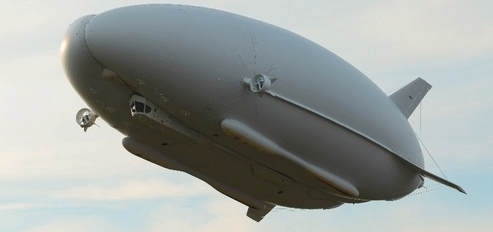-->
Dichen Lachman b. 1982
Jeri Ryan b. 1968
Julie
Walters b. 1950
That's a Whedonverse/Star Trek/Harry Potter trifecta for ya, you betcha! Some people may disagree with my selection of just a facial portrait of the lovely Ms. Ryan, but so many of the body shots of her as Seven of Nine lack subtlety, if you get my drift.
Many happy returns to all three actresses.
Today's predictions from the 1956 30th Anniversay issue of Amazing Stories come from their contest winner Clarence W. Van Tilburg. He made a passel of predictions, so instead of spooning them out one by one, I give all of them here with a reality check after each one in italics and parentheses.
Medicine
1. Great strides in mental therapy. "Psi" professions operating on a solid premises. (He means psychiatry and psychology. We definitely have better drug choices and the definitions of mental illness are certainly improving.)
2. Banking of human organs; artificial culture of tissues; universal extension of preventative medicine. (Good calls.)
3. Life expectancy 88 for women 80 for men in US and many other countries, world average 70. (A little high on all, but in the ballpark. The male-female dichotomy has shrunk instead of expanded.)
World Politics
1. The big four: USA, USSR, China, India, India leader of the Asian Commonwealth from Iran to Malaya. (Bold, but not quite right. In 1956, it still wasn't obvious how well Germany and Japan would in the next fifty years. India is a leader in the developing world to be sure, but there is no Asian Commonwealth.)
2. All Central America coalesced into a single political unit. (Swing and a miss.)
Science, Industry, Technology
1. Maximum work week in US and Canada: 20 hours. (Don't we wish?)
2. Top industry: Leisure. (Not as big as oil or food production.)
3. US and USSR have manned satellites and have reached the Moon. (Yes on the manned satellites, only the US made it to the Moon with a manned expedition.)
4. Seas mined in earnest for rare elements and food. (Certainly more than in 1956, but not as much as many people hoped. Petroleum isn't that rare. Yet.)
5. Desalted sea water used for irrigation and industrial purposes. (Some, but not much.)
6. Direct conversion of sunlight into power and synthesis of food on commercial scales. (Yes on solar power and there are a lot of synthetic ingredients in food.)
7. Atomic power in world-wide use. (Yes.)
8. Long-distance travel almost entirely by air at supersonic speeds. (Yes to almost all, supersonic, not so much.)
9. Privately owned helicopters commonly used, heliports on every large building. (It's close enough to get the Flying Cars HELLZ YEAH label. Regular readers will know how I feel about discussing reality and flying cars in the same sentence.)
10. Plastic glass and light metals common in building construction. (True enough.)
11. Moving sidewalks common. (That's a swing and a miss.)
12. Shortwave cooking common. (We call it microwave. Definitely a hit.)
13. Great increase in telescope range, boundaries of universe still unknown. (Exactly right.)
Looking one day ahead... INTO THE FUTURE! More from Amazing Stories, a couple of pointy headed intellectuals take their shot, and one of them gives a description of a vague thing that could just be the Internet. That's a terrific guess from the vantage point of 1956.
Join us then... IN THE FUTURE!



Van Tilburg's world-power predictions are really interesting -- he nailed it on the US and China -- but they're definitely American. Missing the both the collapse of the USSR and the emergence of the EU in the middle of the Cold War is understandable, but I'm amazed at how thoroughly he wrote off France.
ReplyDeleteHis "Asian Commonwealth" is just ill conceived. India would have to (a) make peace with its non-Hindu neighbors and then (b) fight off the US, USSR and China all at the same time. Given the then-recent partition that created East and West Pakistan, it would've been hard to imagine condition (a) occurring, even in 1956.
In baseball terms, I'm calling this two at-bats: a strikeout on India, and a ground-rule double on the rest of the world.
(Yes on the manned satellites, only the US made it to the Moon.)
ReplyDeleteDoes he actually specify manned landings on the moon? Because the Russkies made it with the Lunokhod:
http://en.wikipedia.org/wiki/Lunokhod_1
In fact, the scientists who built the Lunokhod had a huge influence on America's development of Mars landers.
Abu: Not just dissing Europe but dissing the Japanese as well. In 1956, the average American wasn't completely on board with forgiving our two major enemies from WW II. The success of their peaceful rebuilding efforts is clear evidence we learned a lot after punishing the Hun for The Great War. (Sorry, I've been watching too much Downton Abbey, clearly.)
ReplyDeleteZRMcD: You make a good point. The "manned" part only specifies the space stations.